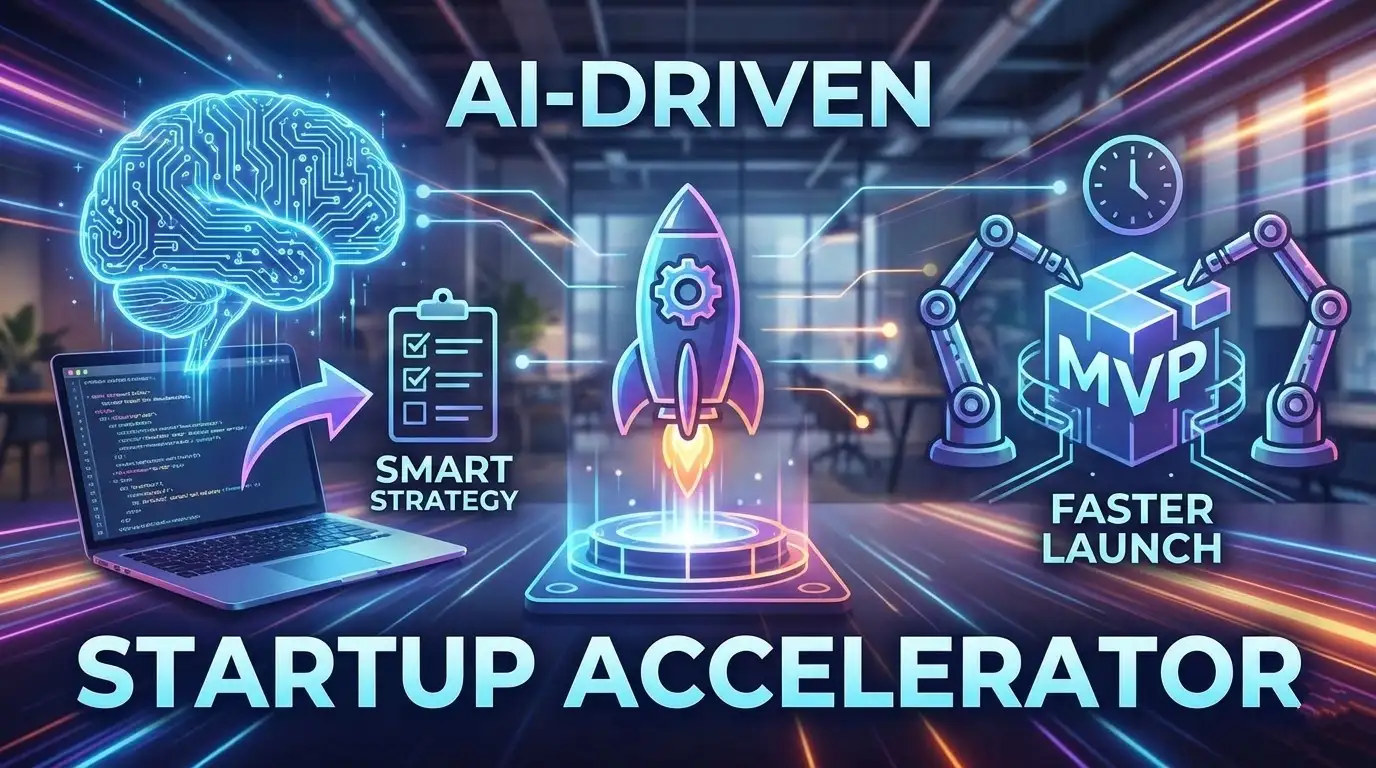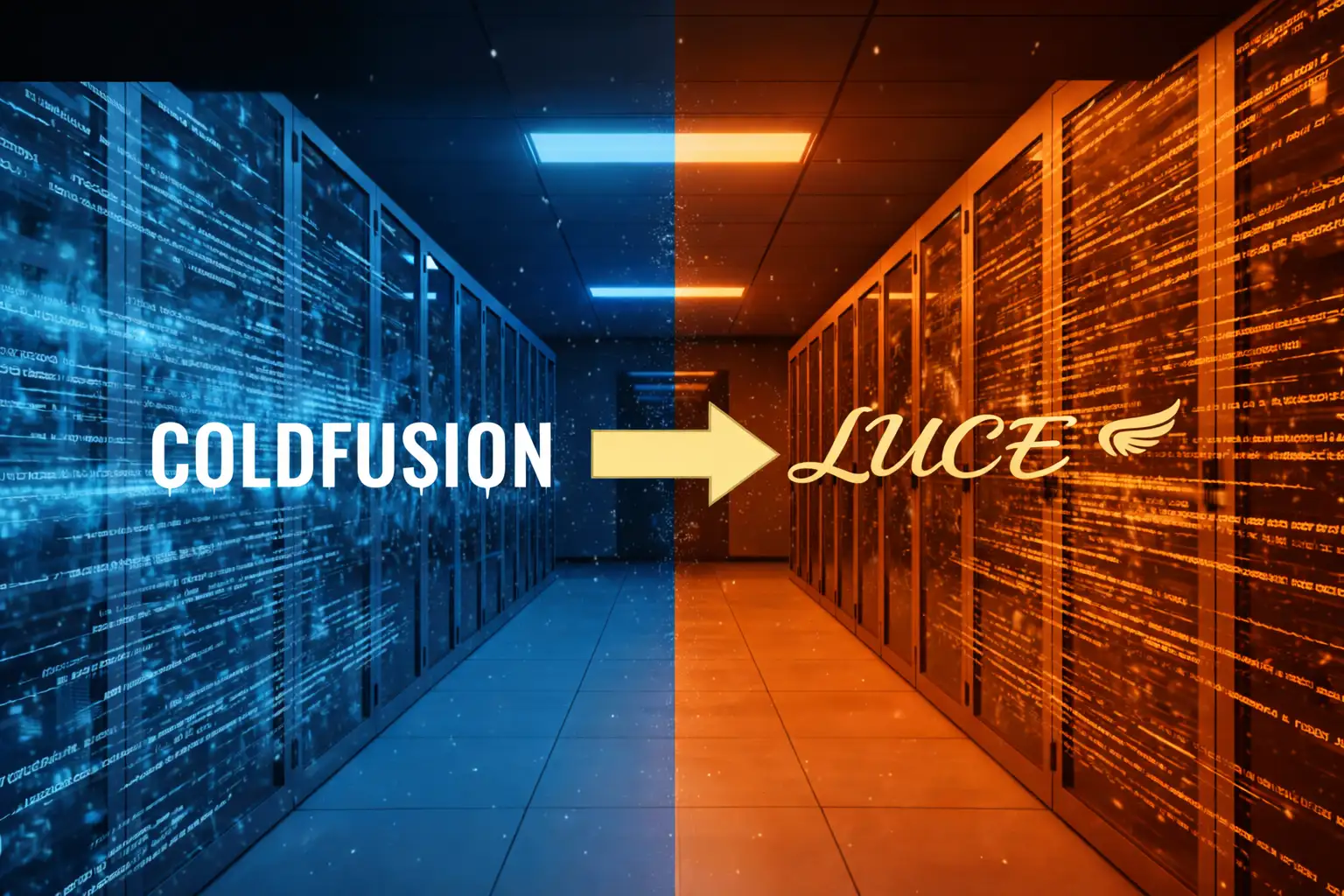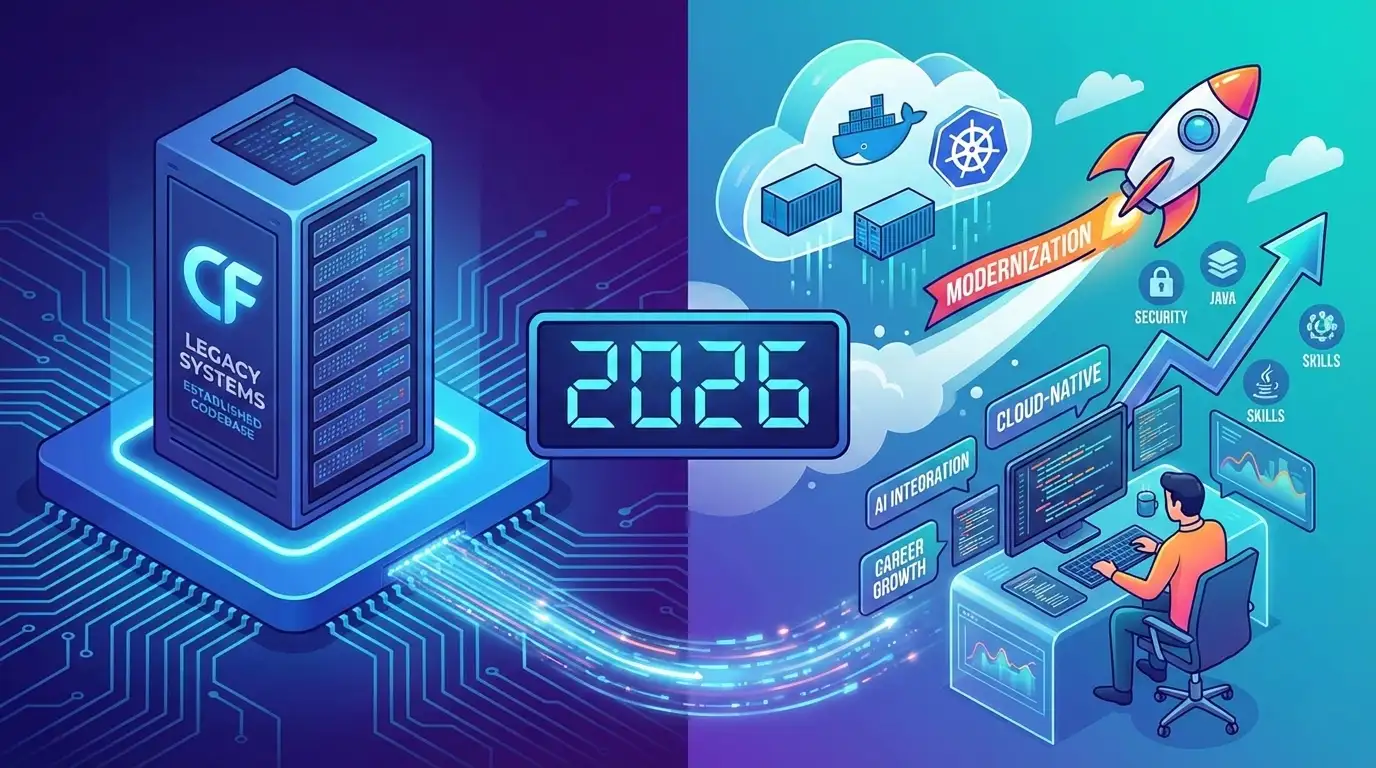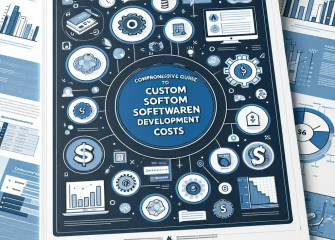How AI is Changing the Game for the Logistics Industry: The Role of Software Testing and Automation

The logistics industry, with its emphasis on swift, precise and effective performance has been disrupted with Artificial Intelligence (AI). Therefore, whether it involves route planning or stock controls throughout distribution channels, it's evident that the logistics sector is being revolutionized. However, as AI solutions put processes in motion, one essential aspect has to be remembered and that is software testing and automation. Making sure that these AI powered systems work properly and consistently is what needs to be checked in order to achieve maximum benefits. In this blog, we will assess the impact of AI on the logistics sector and the significant role software testing and automation has in ensuring these systems yield the desired results.
The AI Boom in Logistics
As history has shown, logistics has been about maximizing the available resources be it time, money or people. Enter AI, and the game changes. AI empowers logistics companies in forecasting demand from consumers, creating operational efficiencies for warehouses, and predicting repairs even before they become necessary. Tasks that previously called for human input are now automated due to smart algorithms which in turn have increased efficiency while decreasing the chances of errors.
An example of this is an AI system that can analyze a significant amount of data to enhance and optimize the delivery process. They take into account traffic, weather, and fuel consumption in order to find the shortest possible route. It saves costs as well as time.
But how do logistics companies ensure that all the systems are working well with each other? That's where the importance of software testing & automation comes in.
Why Testing AI Systems is Different
When we speak of regular software, for instance, there are rules that it abides. These rules ensure that the software will work in the same way every time unless there is a defect somewhere. AI, in contrast, is progression. It is active, learns and improves over time. This implies that the testing of AI systems is something entirely new.
You are not only looking for bugs in the systems; you are looking for factors such as reliability, accuracy, and scalability. As AI systems can provide varying outputs according to the input data fed on the system, it is essential to be sure that the decisions executed on the system are correct and are not biased. It is a big ask and requires distinct strategies to go about software test automation services.
The Role of Automation in Testing AI-Powered Logistics
Due to the increasing complexity of the systems, automated testing has evolved to become part of the pillars that assure the operational strength of the AI-powered logistic systems. Automation enables extensive, consistent, and rapid testing over multiple layers in the systems. This is why automation is crucial for AI in logistics
- Speed and Efficiency: Automated Testing is the answer to logistics companies' woes of rolling out a feature, changing existing functions, or deploying enhancements in the AI applications, as once they require extensive time for manual QA Testing. As these AI systems are frequently updated, the speed of development needs automated testing.
- Consistency Across Complex Systems: When AI systems are disbursed, they usually integrate many other systems such as an inventory control system, fleet management system, and many other customer-centered operations. Automated tests are excellent in ensuring that such systems are not left malfunctioning or out of sync with one another after the implementation of one or even several updates.
- Predictive Accuracy: AI algorithms make predictions based on the data fed to them, thus AI algorithm-based prediction for delivery time or predictive stock-level management also determine the output quality of the predictions made during the testing phase.
- Handling Big Data: As AI relies on data, there are also challenges related to big data. Automated testing services can recreate the large data environment in which the system will work and check if it is able to handle this load without crashing or noticeably slowing down its performance. This is very often applicable in logistics, where data streams can be regarded as constant and fast incoming.
Best Practices for Testing AI in Logistics
So now, your concern might be, how to carry out testing of AI driven systems in logistics? There's no easy answer as it largely depends on the company but there are methods which have been used successfully by most logistics' companies. This is how you can ensure that your AI systems meet their intended purposes and requirements:
- Consistent Testing: AI systems can never be termed as 'completed' as they learn and evolve with time, so it is imperative that testing be an ongoing process. Continuous testing-- automated testing in which software code is tested as it is being written--automatically recognizes bugs as soon as they appear, which prevents bugs from spreading throughout the whole system.
- Regression Testing: Assuming you are releasing an updated version of any AI software system, there's a possibility new changes can be implemented that could interfere with existing features that were functioning properly. Automated regression testing aids in the detection of such malfunctioning features in advance, before they become expensive.
- Scenario-Based Testing: Scenarios under which AI systems operate are numerous. For example, a logistics management system must predict the shortest distance between locations based on site conditions which are constantly changing as there are ever changing variables such as bad weather conditions, heavy traffic, unsystematic rush and sudden sharp increases in demand for the service. Automate the testing of conditions that exist in the real world to make sure that your system will work in a variety of conditions.
- Validating Learning Models: That said, as AI systems are always evolving, it is essential to validate that learning is taking place in such a manner that goals can be met. This implies not only the functionality tests, but also the other models of the AI, Will they be able to perform a specific task? Are they increasing the efficiency of a process? Or are they positioning new biases, whereby a particular decision can be flawed? In regular basis, such attributes can be evaluated with the help of automated testing frameworks.
How Evalogical Can Help with AI-Driven Logistics Testing
It's a fact that AI-powered systems have transformed the world of logistics but to fully realize its benefits, one must consider automation and a subsequent increase in the level of software testing. We at Evalogical are committed to delivering software testing and automation services specifically designed for AI-centric logistics systems. Our automated testing services validate that the AI systems will not only function as intended but will also improve over time.
With the help of Evalogical, you can concentrate on growing your logistics business, confident that your AI systems are dependable and fully optimized. You can get in touch with us to find out how our software testing and automation services can support your business in navigating the future of AI-driven logistics.


 AI-Powered MVP Development: Sm....
AI-Powered MVP Development: Sm....
 Build Your MVP Faster: AI Tool....
Build Your MVP Faster: AI Tool....
 ColdFusion to Lucee Migration ....
ColdFusion to Lucee Migration ....
 ColdFusion vs Lucee: Which Is ....
ColdFusion vs Lucee: Which Is ....
 Is ColdFusion Still Relevant i....
Is ColdFusion Still Relevant i....



Your Trusted Software Development Company